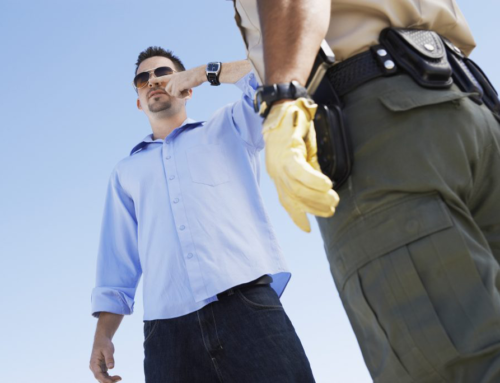 There are a lot of myths and misconceptions regarding DWI charges in Texas. For this week’s DWI FAQ blog, we will bust some of these myths.
There are a lot of myths and misconceptions regarding DWI charges in Texas. For this week’s DWI FAQ blog, we will bust some of these myths.
Myth: You must answer the police officer’s questions.
- Fact: This could not be further from the truth. You have a right to protection against self-incrimination and a right to remain silent. You are not legally required to speak to a police officer. In fact, it’s often best to keep as quiet as possible and request the presence of your attorney.
Myth: The smell of alcohol on your breath means you are impaired.
- Fact: Alcohol is an odorless chemical. The smell of all the other components in an alcoholic drink is what produces the smell that officers may use as evidence of your impairment. An officer cannot prove you are impaired based on the smell of your breath, though the smell of something like beer will likely cause the officer to investigate further.
Myth: You can’t be arrested for DWI if you are not drunk.
- Fact: You can. DWI laws cover other drugs as well, even prescription drugs. And in rare cases, the human body can actually produce enough alcohol on its own to cause a breathalyzer to read a BAC of .08 or above (auto-brewer’s syndrome is an example of this).
Myth: Field sobriety tests are a good way to determine impairment.
- Fact: A Clemson University study asked police officers to look at a group of drivers and determine through their field sobriety tests whether they were too drunk to drive. The officers said that 46 percent of the subjects were too impaired to drive legally, when in fact, none of the drivers had any alcohol in their systems at all. The field sobriety test is easy to fail, even if you are sober.
Myth: Failing the breathalyzer test means I’m guilty and should plead accordingly.
- Fact: Breathalyzers can be astonishingly inaccurate. They are not often calibrated and lack precision even in ideal conditions. Don’t plead guilty without talking to a lawyer.
Myth: You can fool a breathalyzer by sucking on pennies or metal.
- Fact: All you’ll be doing by shoving pennies into your mouth is eating the germs of the thousands of other people who have touched those coins. Nothing you put in your mouth is going to reduce your breath reading, and in fact, some things like mouthwash will actually raise your reading.








